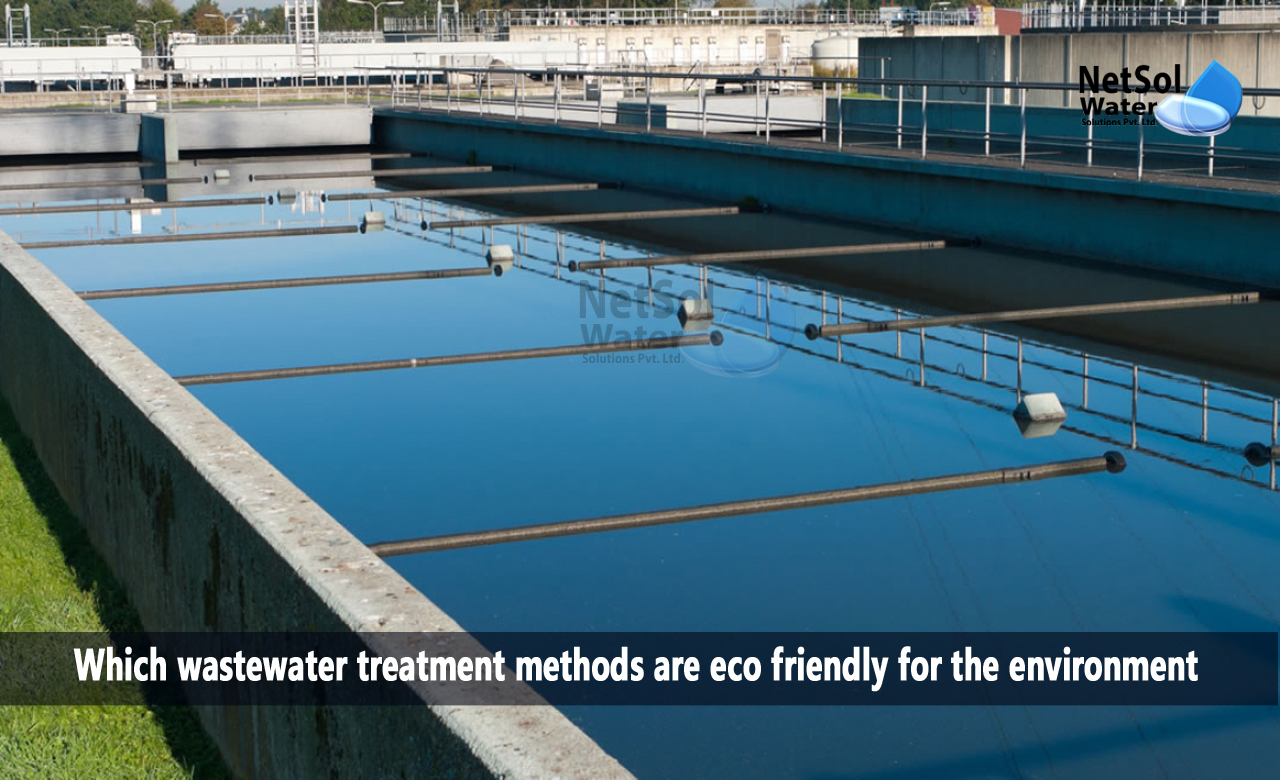Which wastewater treatment methods are eco-friendly for environment?
An environmentally friendly and economical substitute for reusing wastewater is recycled or recovered water. Wastewater treatment benefits both small and large businesses, and the recycled water can be utilized to irrigate farms, parks, golf courses, and many other types of land.
But, before reusing the recycled wastewater, it must be properly disinfected using disinfection methods like chlorine, UV or ozone. In this blog, we will see which wastewater treatment methods are eco-friendly for the environment.
Impurities present in wastewater
Various technologies for wastewater treatment can be used to treat various sorts of water contaminants. These processes completely recycle and reuse water to remove impurities.
Some of the contaminants include the following:
1. Microparticles include, but are not limited to, food, medicinal, industrial, and paper particles.
2. Cosmetic microbeads and microplastics are two examples of waste, from the polymer product business that needs to be recycled.
3. Organic chemical waste includes pharmaceuticals, petroleum, herbicides, insecticides, cleansers, and detergents.
Treatment of wastewater
1: Biological treatment is a natural process that is sparked by the use of microorganisms. It is one of the greenest wastewater treatment methods, which has been utilized to clean water since the eighteenth century.
2: Clarification is a pre-treatment step used before other water purification techniques, to remove minuscule solid particles from water.
3: Water from brine and waste streams is recovered and recycled, using the evaporation and crystallization wastewater treatment technique. It is a typical industrial process that is used to clean salt water as well.
4: Oxidation and disinfection treatment disinfects water through physical and chemical processes, to stop the spread of disease-causing organisms.
5: Ion exchange is a technique for treating wastewater that includes exchanging ions between a solution and an ion exchange resin. The resin can be recycled and is either cationic or anionic. This is mostly used for water softening in the industrial and residential sectors
6: In membrane separation processes like reverse osmosis, feed water passes across a semi-permeable membrane that filters out unwanted elements. Water purification facilities use this cutting-edge equipment to recycle and replenish water.
RO Plants: A tertiary wastewater treatment method for recycling water
Only a small number of industries use recycling and reusing technologies, despite the fact that they are economical and environmentally benign.
These techniques work better at eliminating solid particles than conventional methods do. For instance, reverse osmosis is a practical wastewater treatment method that eliminates salts and contaminants, enabling manufacturing industries to reuse the water.
Conclusion
Due to their huge water demands, large-scale businesses stand to gain the most from recycling and reusing water. Using more eco-friendly wastewater treatment techniques allows businesses to save money, while simultaneously preserving the environment.
How can we assist?
In India, Netsol Water is a key provider of WTPs, WWTPs, STPs, and ETPs, and their manufacture, installation and services.
We are dedicated to provide practical assistance, professional guidance, and training to our esteemed clients, along with the product recovery using anaerobic digestion, carbon dioxide or methane recovery for future uses, etc. For further information, contact us at +91 9650608473 or email at enquiry@netsolwater.com



